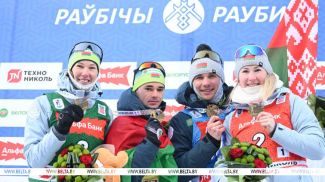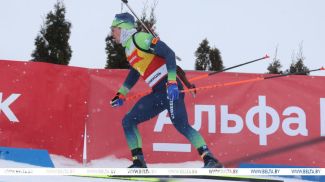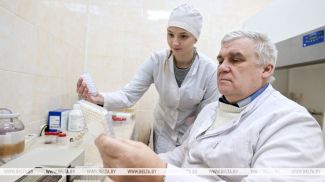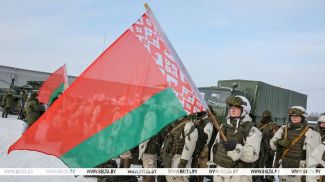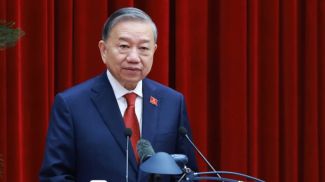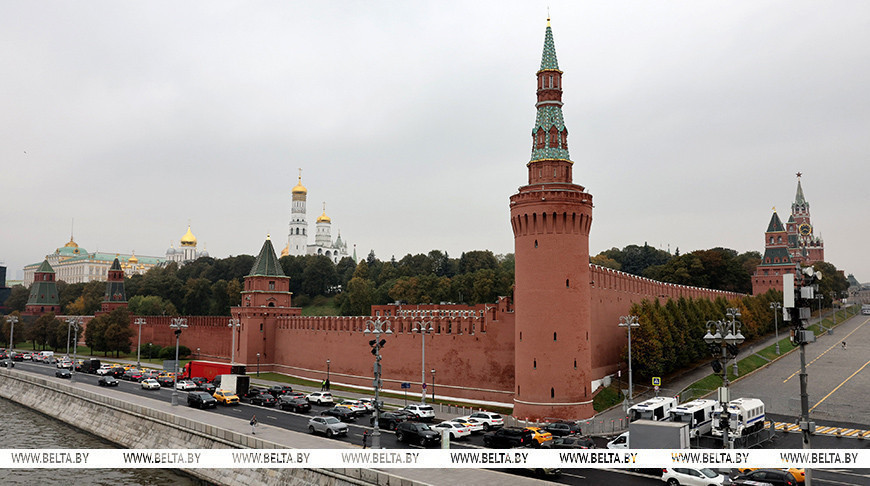
The second day of the visit is dedicated to the bilateral Belarusian-Russian agenda. The heads of state meet quite frequently in various formats. Their interactions can vary from informal communication, such as that on Valaam Island, to formal negotiations held either in the Kremlin or on the sidelines of international forums. Only one thing remains constant – not just an allied, but an exclusively friendly format of dialogue. Recently, the phrase that there are no unsolvable problems in the relations between Belarus and Russia has become common. Perhaps, also because Aleksandr Lukashenko and Vladimir Putin simply leave no chance for such problems to accumulate, as sometimes happened before.
The Kremlin talks announcement initially promised no particular surprises. “The heads of state will coordinate their positions on the most urgent matters of bilateral development, and exchange views on the regional situation and international agenda,” the press service of the Belarusian leader reported ahead of the visit.
In a brief comment to TASS, Press Secretary of the Belarusian President Natalya Eismont stated that the agenda includes the entire spectrum of regional and bilateral relations.
The heads of state are also expected to discuss security issues. For example, they might sum up the results of the recently concluded joint military exercise Zapad 2025 or discuss Vladimir Putin’s proposal regarding the future of the Strategic Arms Reduction Treaty (START). Aleksandr Lukashenko has already called this step a brilliant initiative.
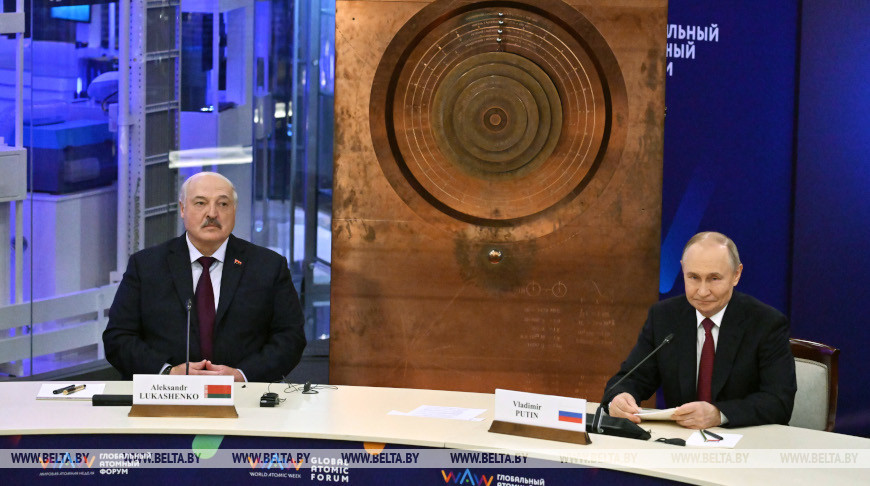 Meanwhile, journalists are still interested in when the Oreshnik missile system will arrive in Belarus. It turns out it is “already on its way.”
Meanwhile, journalists are still interested in when the Oreshnik missile system will arrive in Belarus. It turns out it is “already on its way.”
After participating in the atomic forum, Aleksandr Lukashenko did not go to rest but spent a long time in the Belarusian pavilion at VDNKh, where he listened to a detailed report from Ambassador Aleksandr Rogozhnik on the state of affairs along the Russian vector, including the upcoming high-level meeting.
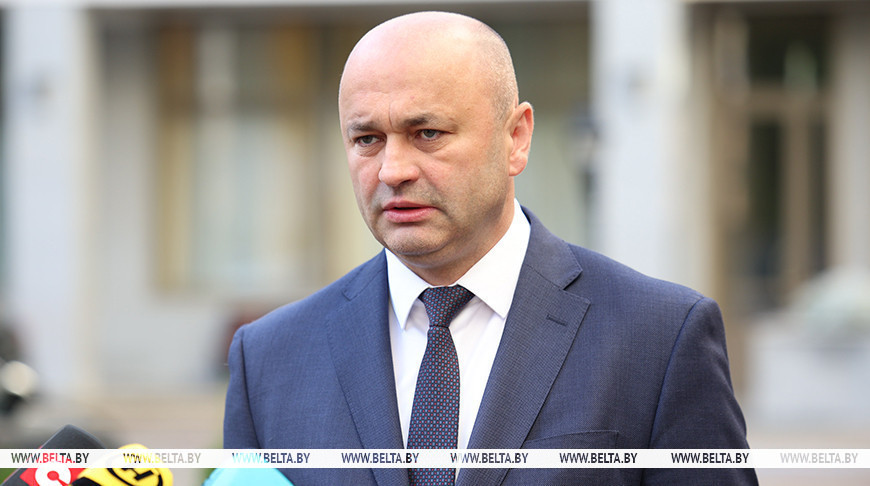
‘Messages’ from Americans
Perhaps the most intriguing statement was made on the sidelines of the Global Atomic Forum. Journalists asked the Belarusian leader if he planned to convey any message from U.S. representatives to his Russian counterpart during their personal meeting. “I will pass along all the messages and communications to him tomorrow. Especially since it's such a substantial set of topics we are set to discuss. We will discuss some proposals,” Aleksandr Lukashenko said.
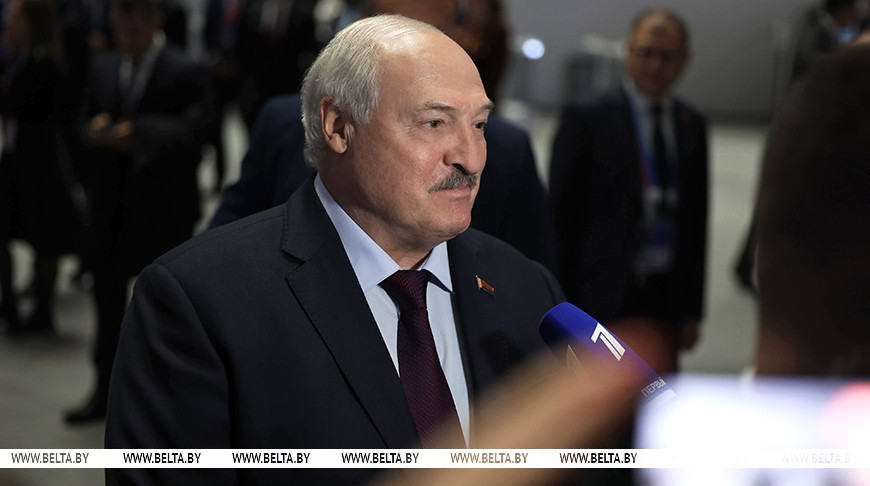 Answering a follow-up question from journalists about whether these would be messages from the Americans, the president said: “From the Americans too. Many questions have piled up. I will be able to tell you more about it tomorrow.”
Answering a follow-up question from journalists about whether these would be messages from the Americans, the president said: “From the Americans too. Many questions have piled up. I will be able to tell you more about it tomorrow.”
As it was reported, the Belarusian head of state has recently held several meetings with representatives of the United States. Just recently, in the first half of September, he received a representative of the U.S. President, John Coale, at the Independence Palace.
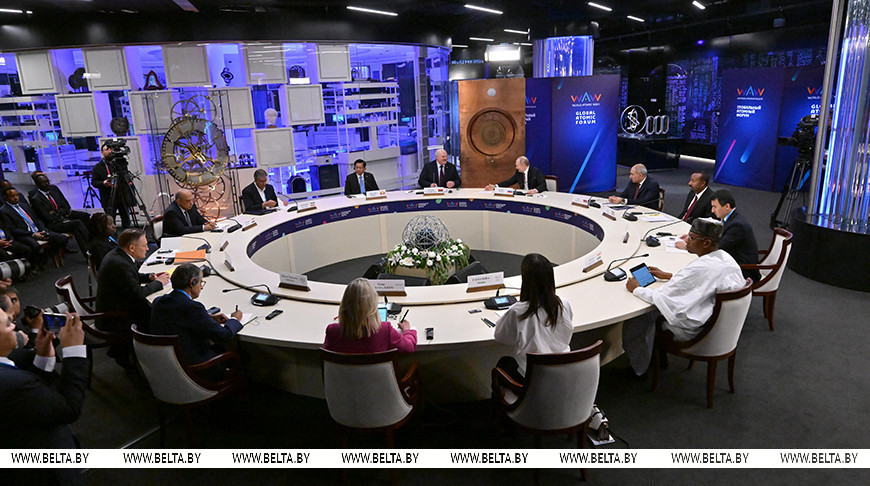
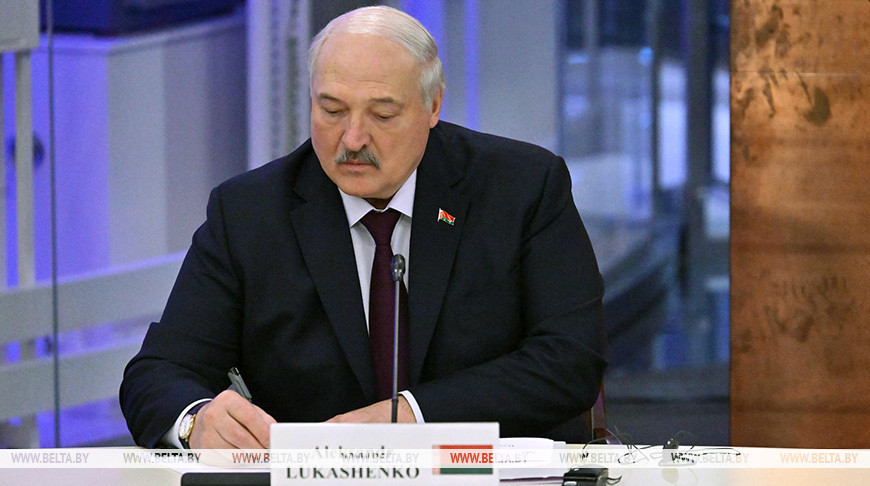
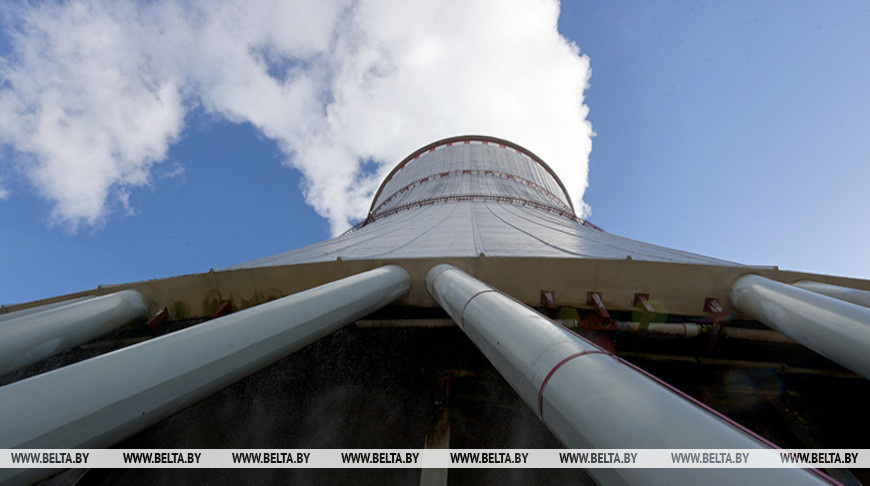
Oil and gas sector, cooperation, and trade
Traditionally, trade and economic cooperation heads the agenda of the talks between Aleksandr Lukashenko and Vladimir Putin. One of the most important areas is the oil and gas sector.
“Before tomorrow’s negotiations with the Russian president I would like to hear what overall problems we have in the Russian Federation. Speaking about our negotiations, there may be some questions. And impressions regarding oil, natural gas, and so on. Concerning the common market, how it develops, what we visualized and thought about. And the matters you wanted to raise,” the head of state identified the topics.
In an interview with journalists following the report, Ambassador Aleksandr Rogozhnik said: “Here, too, our negotiations with Russian colleagues are proceeding quite productively.”
He also mentioned that there are currently no restrictions on the supply of Belarusian industrial products to Russia. Access to all Russian programs has been granted, as previously agreed upon by the heads of state. However, Aleksandr Lukashenko urges to ramp up export to Russia, particularly that of engineering goods that has declined a bit. A range of issues regarding financial support for exports were discussed.
Belarus also hopes to increase its presence in major Russian retail chains.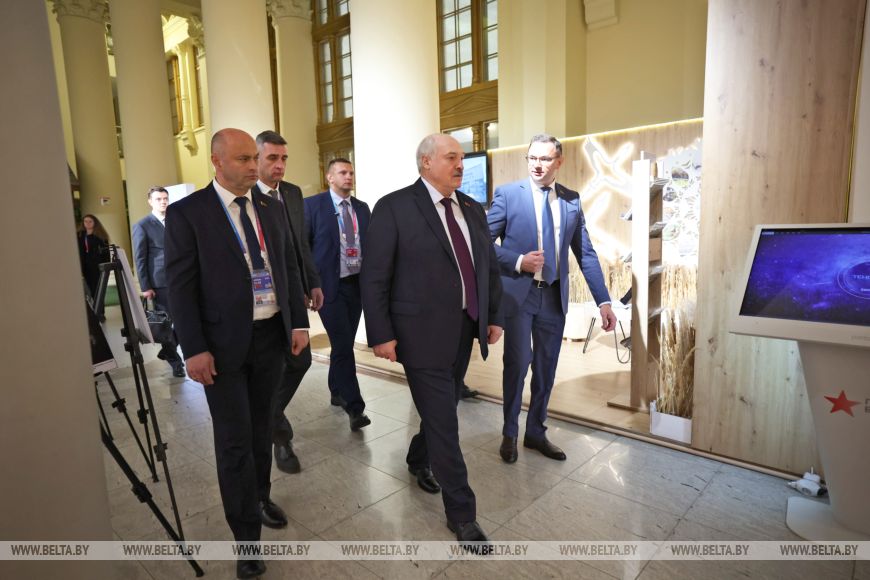
When asked by BelTA whether the Belarusian-Russian agenda includes the possibility of Russia extending a new credit line for joint projects, the Ambassador stated: “We are currently utilizing the first tranche that we received. The 27 projects we are implementing are already at a high degree of completion. Certainly, once this stage is completed, we and the Russian Federation will discuss the format of the next phase and our movement forward.”




